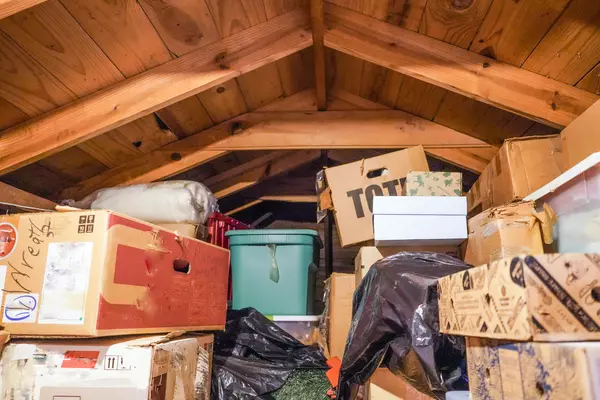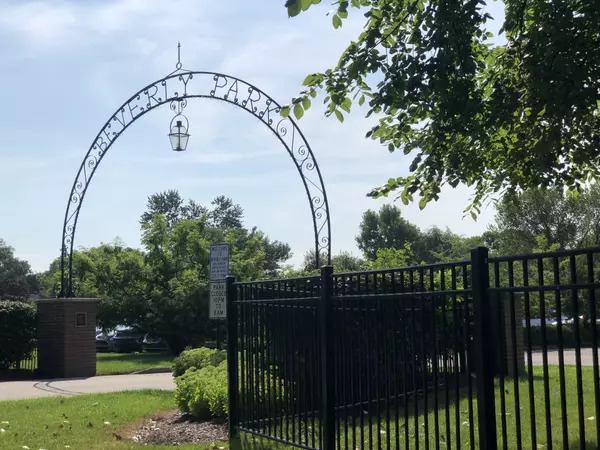Downsizing Myth: Smaller Home Means Cheaper Living

If you're considering selling your current home and downsizing into a smaller one, you might have heard the common misconception that a smaller house or condo automatically translates to a cheaper, budget-friendly lifestyle. But hold on – let's unravel the truth behind downsizing costs and make sure you don't fall into this misleading trap.
The Size-Cost Fallacy
You've probably heard the idea that a smaller home equals lower costs – less maintenance, lower utility bills, and reduced property taxes. But here's the deal: the size-cost fallacy doesn't capture the full financial picture. Let's break it down together.
Considerations Beyond Square Footage:
1. Location Matters – Especially for You
Smaller homes in desirable neighborhoods might come with a higher price tag. Proximity to amenities, good schools, and a safe community can significantly influence property prices. Take, for example, a couple who recently traded their 2,500 sq ft house for a 3,000 sq ft condo in Bloomfield Hills – a move that saw a significant increase in property taxes. Downsizing meant something bigger for them, emphasizing how location plays a crucial role.
2. Upfront Costs – You Might Face Them
Downsizing could mean investing in new furniture or storage solutions for your smaller home. These initial expenses need to be part of your overall downsizing budget. Many of our clients, excited to furnish their new space, sometimes find it hard to let go of sentimental items. Storing these treasures can come at a cost.
3. Transaction Costs – What You Need to Know
Selling and buying involve transaction costs such as closing costs, transition expenses, and moving costs. These expenses are often tied to the property value, not just its size. In our process The Rightsizing Method, we help clients plan for these hidden costs, ensuring they're prepared for every step of the downsizing process.
Avoiding the Downsizing Pitfall – Here's How You Can Do It:
1. Financial Planning – Your Key to Success
Before you dive into downsizing, conduct a comprehensive financial analysis. Consider all potential costs – from the sale to the purchase and even lifestyle adjustments. Our consultation in The Rightsizing Method ensures you're on top of your financial game.
2. Define Your Priorities – What Matters to You Matters
What's important to you? Identify must-haves and deal-breakers for your new home, be it location, amenities, or the overall community vibe. Prioritizing these factors will guide your decisions based on your unique needs.
3. Explore Hidden Costs – Uncover Them for Your Peace of Mind
Research the real costs associated with potential smaller homes, like property taxes, utility rates, and any additional fees not immediately apparent. We focus on property taxes, helping you plan for potential surprises when transitioning to a new home with different tax dynamics.
Downsizing can be a savvy financial move, but it's all about making informed decisions. By busting the myth that smaller homes are always cheaper, you can navigate the downsizing process successfully. Take the time to plan, research, and consult with experts – it's your journey to a smaller, more manageable home, and we're here to ensure it's a smooth transition that aligns with your budget and lifestyle goals. Happy downsizing!
Categories
Recent Posts










GET MORE INFORMATION
Managing Partner | License ID: 6506046014
280 North Old Woodward Avenue, Suite 100, Birmingham, MI, 48009, United States
